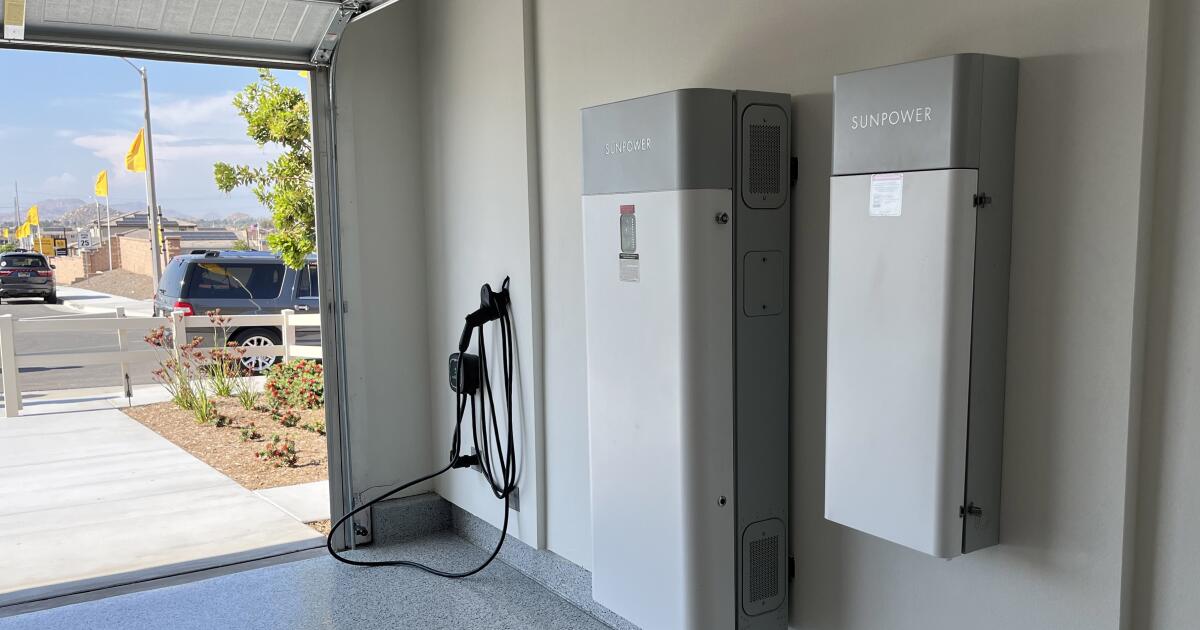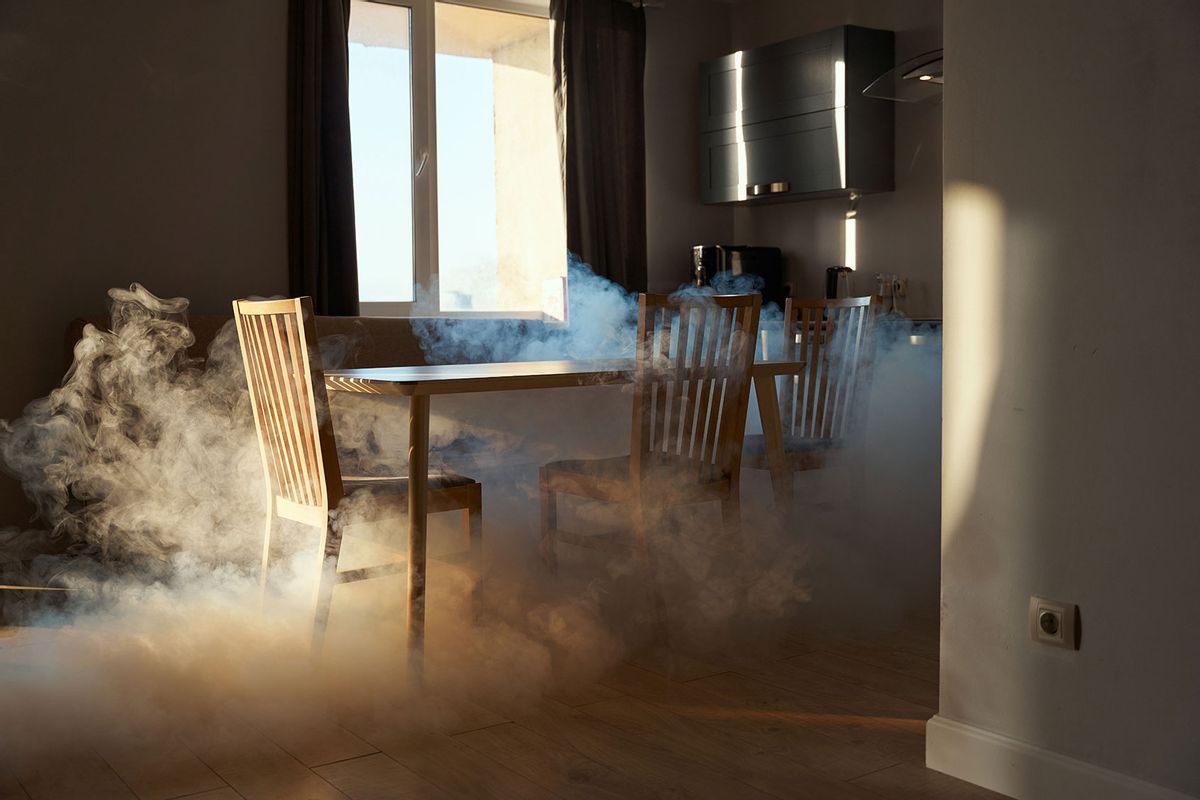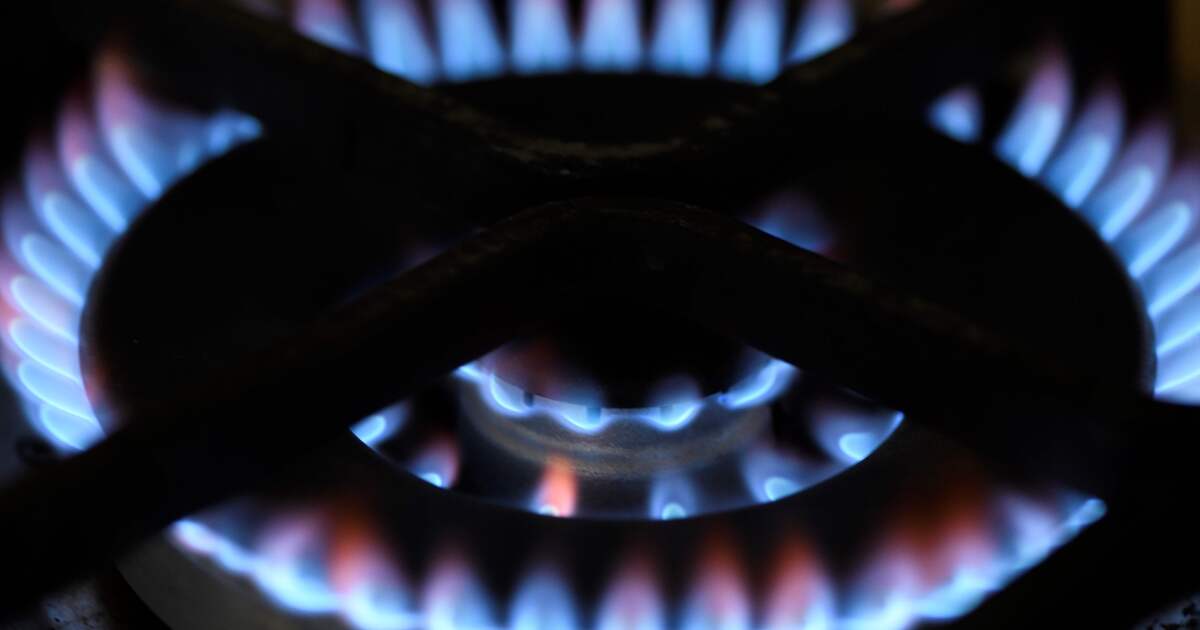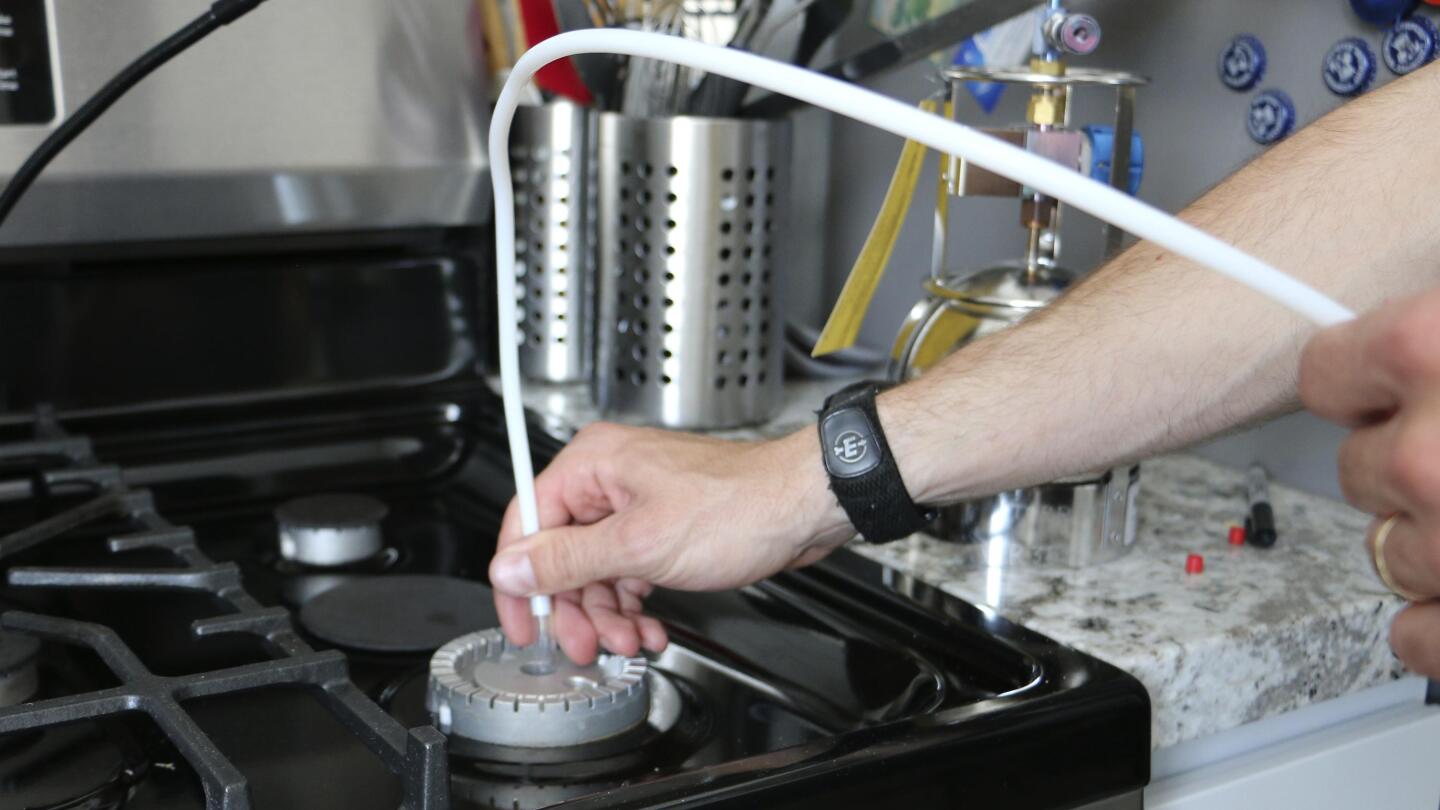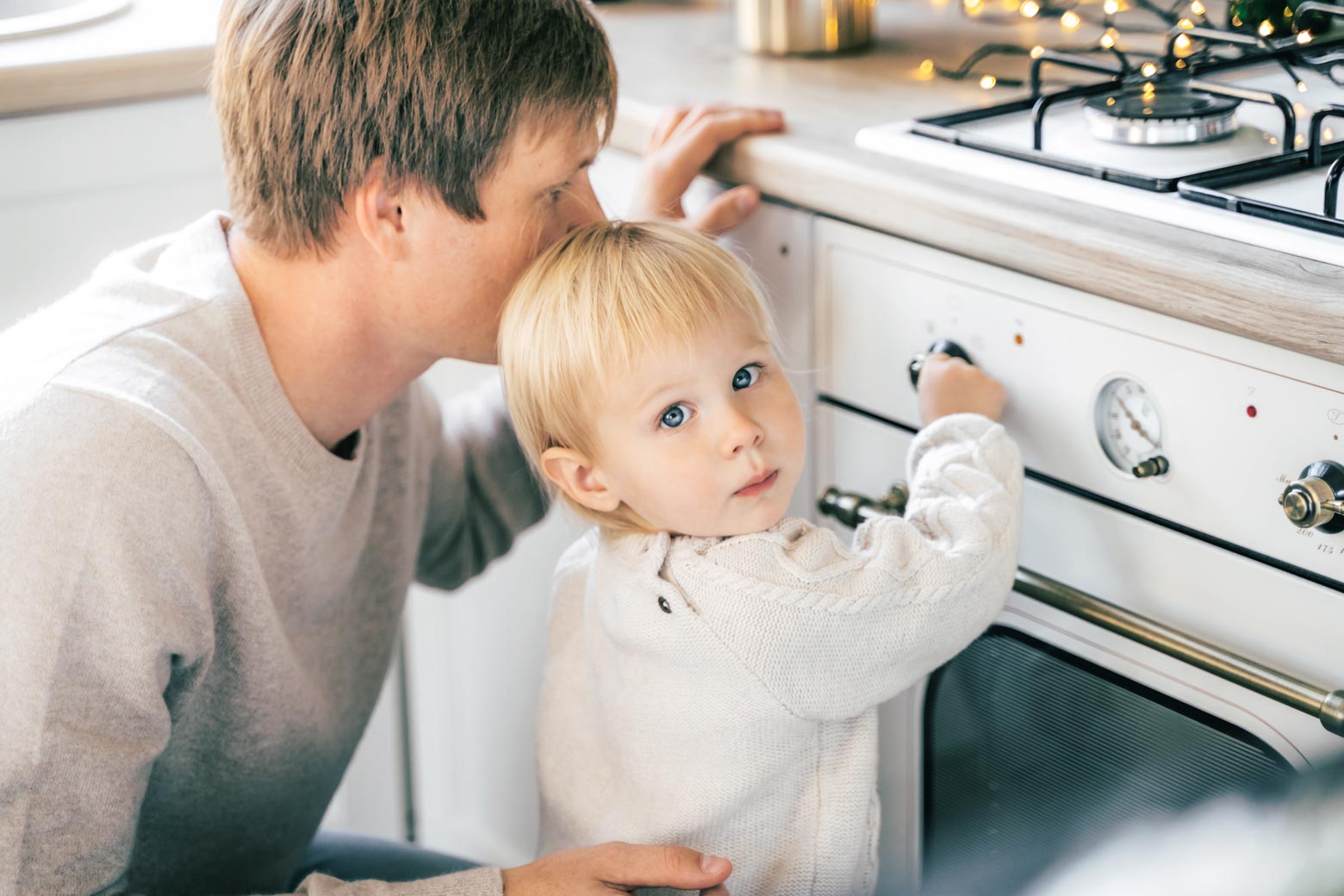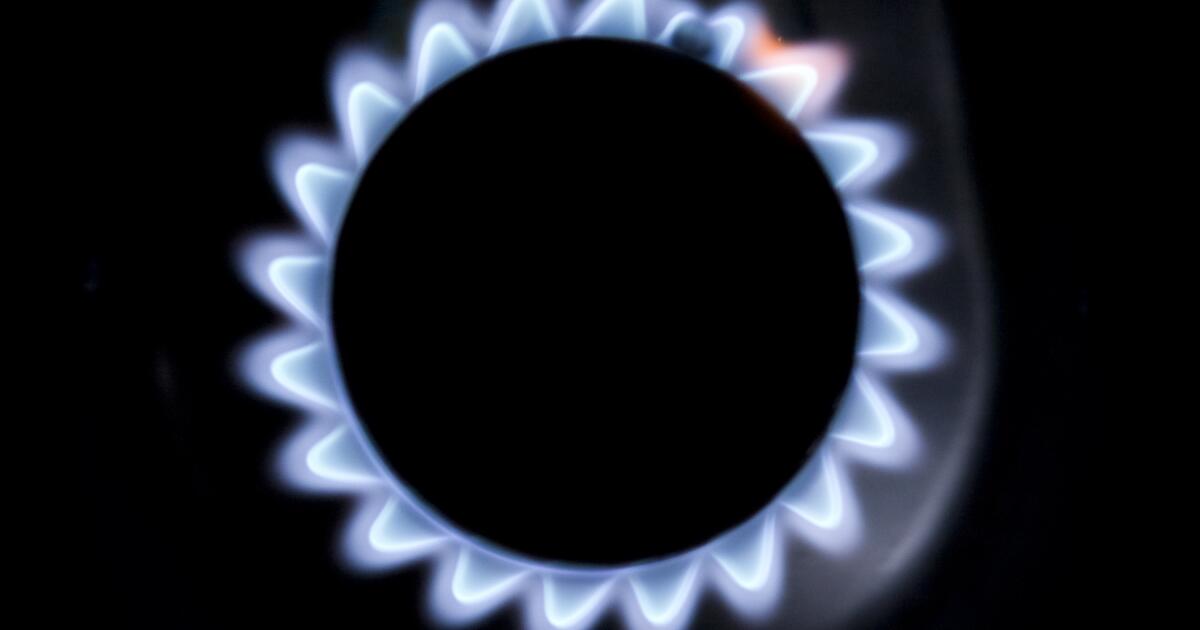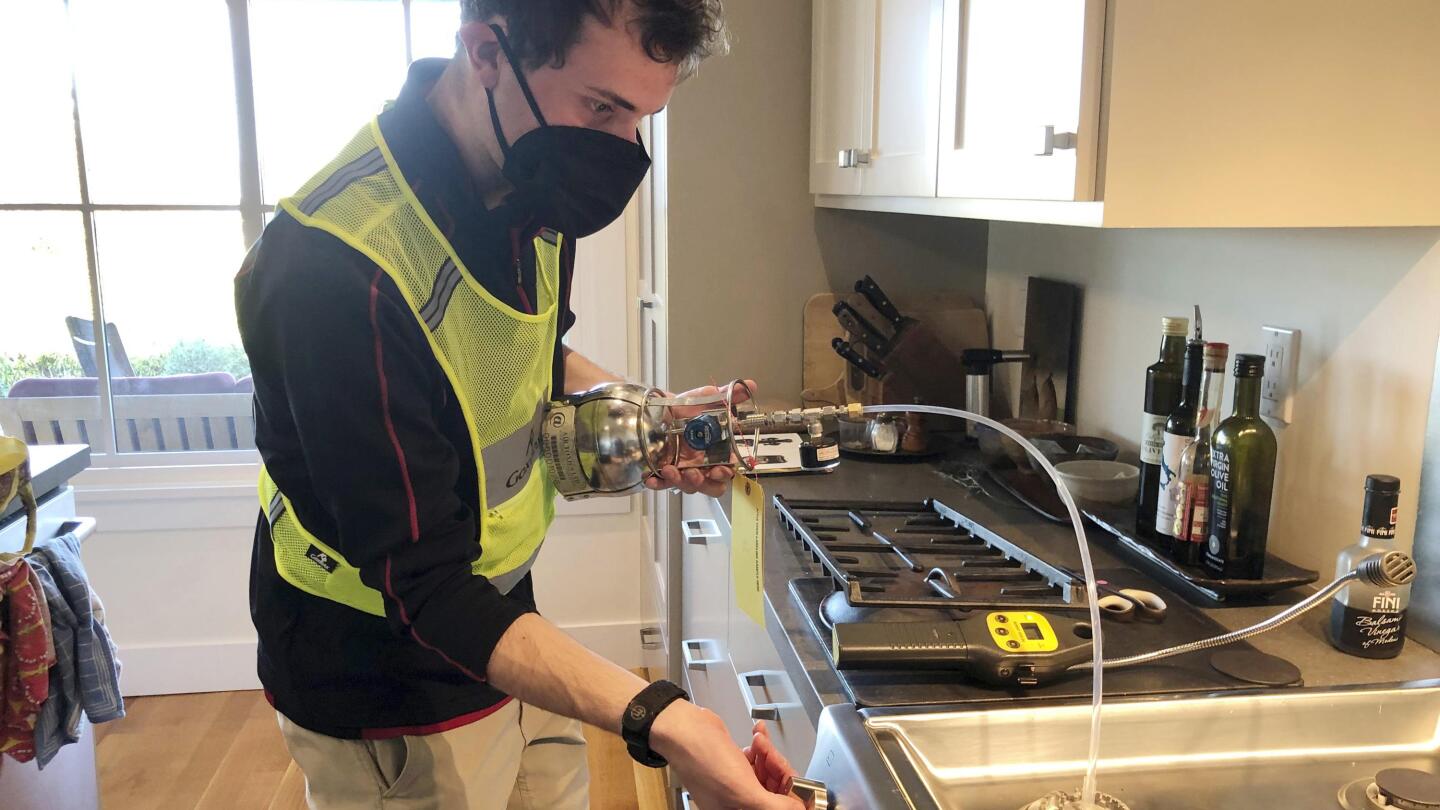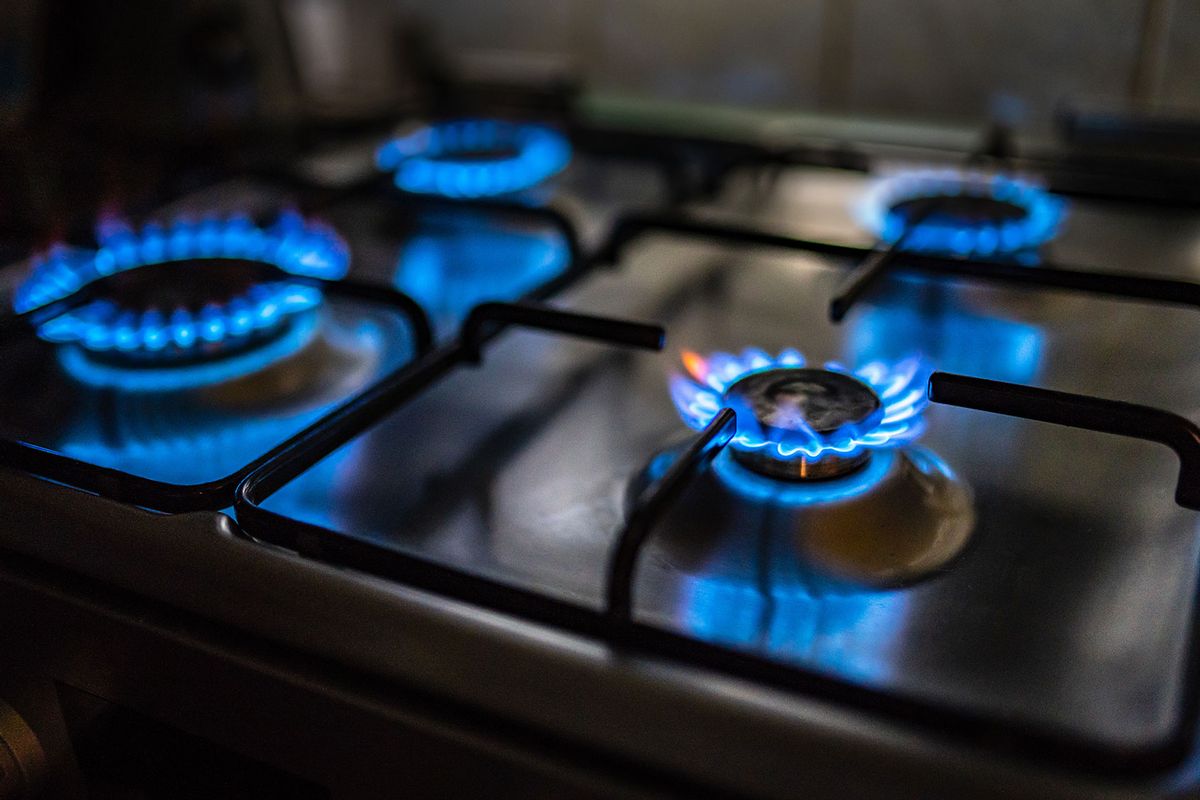
Why Gas Stoves Are More Hazardous Than We’ve Been Led to Believe
SlateThis story was originally published by Undark and has been republished here with permission. “The association between the presence of a natural gas cooking appliance along with the increases in asthma in children is not supported by data-driven investigations that control for other factors that can contribute to asthma and other respiratory issues.” She also noted that the Consumer Product Safety Commission, which oversees safety and performance standards for consumer appliances like water heaters, furnaces, and stoves, and the EPA “do not view gas ranges as a significant contributor to adverse air quality or a health hazard in their technical or public information literature, guidance, or requirements.” While the EPA does not regulate indoor air quality, it does provide extensive information through its Indoor Air Quality program, based on its decades of analysis of the same pollutants found in outdoor air. “Existing regulations — including from the CPSC — have found no health or safety risk associated with normal use of gas appliances,” the APGA’s Casey added. The CDC did not respond to a request for a telephone interview with a staff scientist, but in an email message, Ginger Chew, a deputy associate director for science within the CDC’s National Center for Environmental Health, said that, while the agency’s current guidance for health professionals on combustion sources and ventilation in the home was “up-to-date,” agency staff were nonetheless “actively reviewing the peer-reviewed literature” on indoor air quality and gas appliances. Interestingly, that group’s 2017 report noted that, while HEPA filter technology has improved in recent years to capture particles in indoor air, only one technology offers similar promise on the cooking front: “Other than replacement of gas stoves with electric stoves,” the report stated, “fewer methods are currently available for indoor NO2 reduction.” Until there’s more robust action from these agencies, Jones argues at the bare minimum doctors should be asking patients about the presence of gas appliances in their homes.
History of this topic

Opinion: Gas stoves are bad for your health. So is the industry’s Big Tobacco-style coverup
LA Times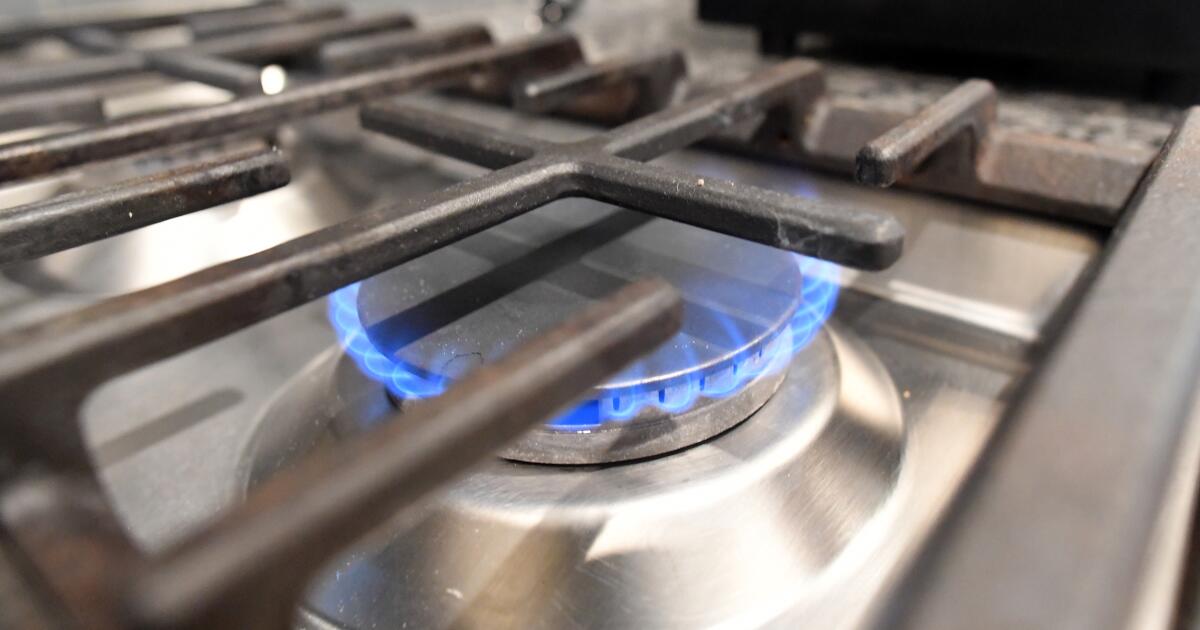
Cooking with a gas stove may be as bad as breathing secondhand cigarette smoke, study finds
LA Times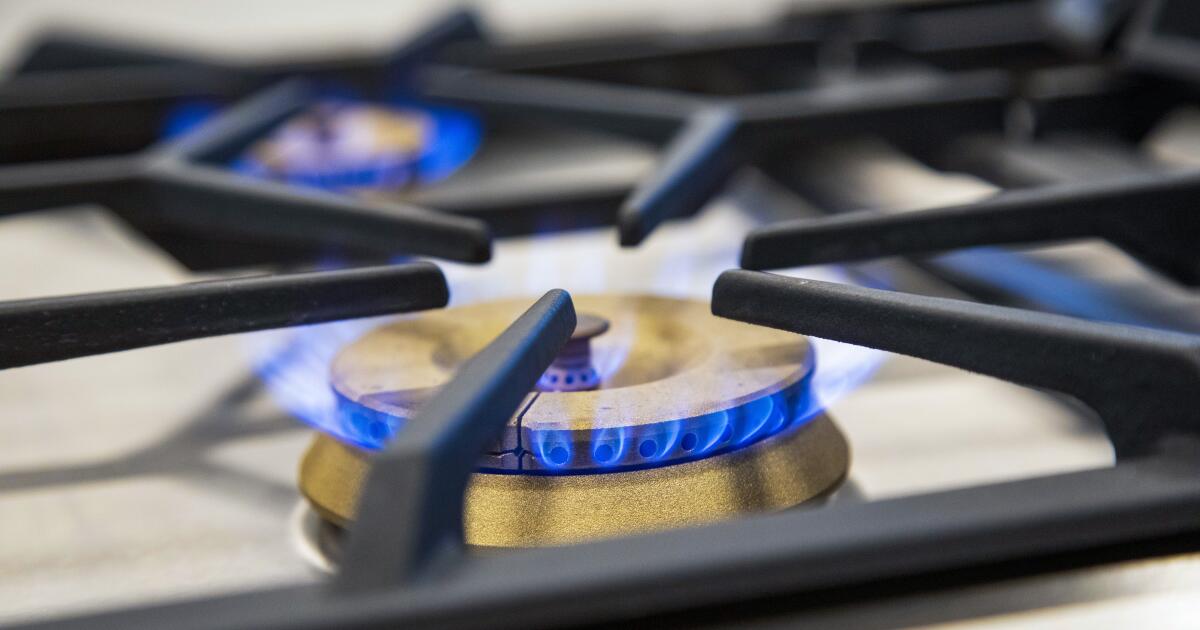
Opinion: Don’t worry about the government taking your gas stove — worry about the pollution inside your home
LA Times)
Explained: Why New York is banning gas stoves in new buildings
Firstpost
Not everyone has the luxury to ditch ‘harmful’ gas stoves
Al Jazeera
Gas stoves, climate change and your health : Short Wave : NPR
NPR
Why the debate over banning gas stoves isn’t over
Live Mint
Gas stoves can emit climate pollution, even when they are off: Research
Hindustan Times
Gas stoves became part of the culture war in less than a week. Here's why
NPR
How the gas stove became the newest player in the Republican culture war
The Independent)
Are gas stoves harmful? Why is there a call to ban them in the US?
Firstpost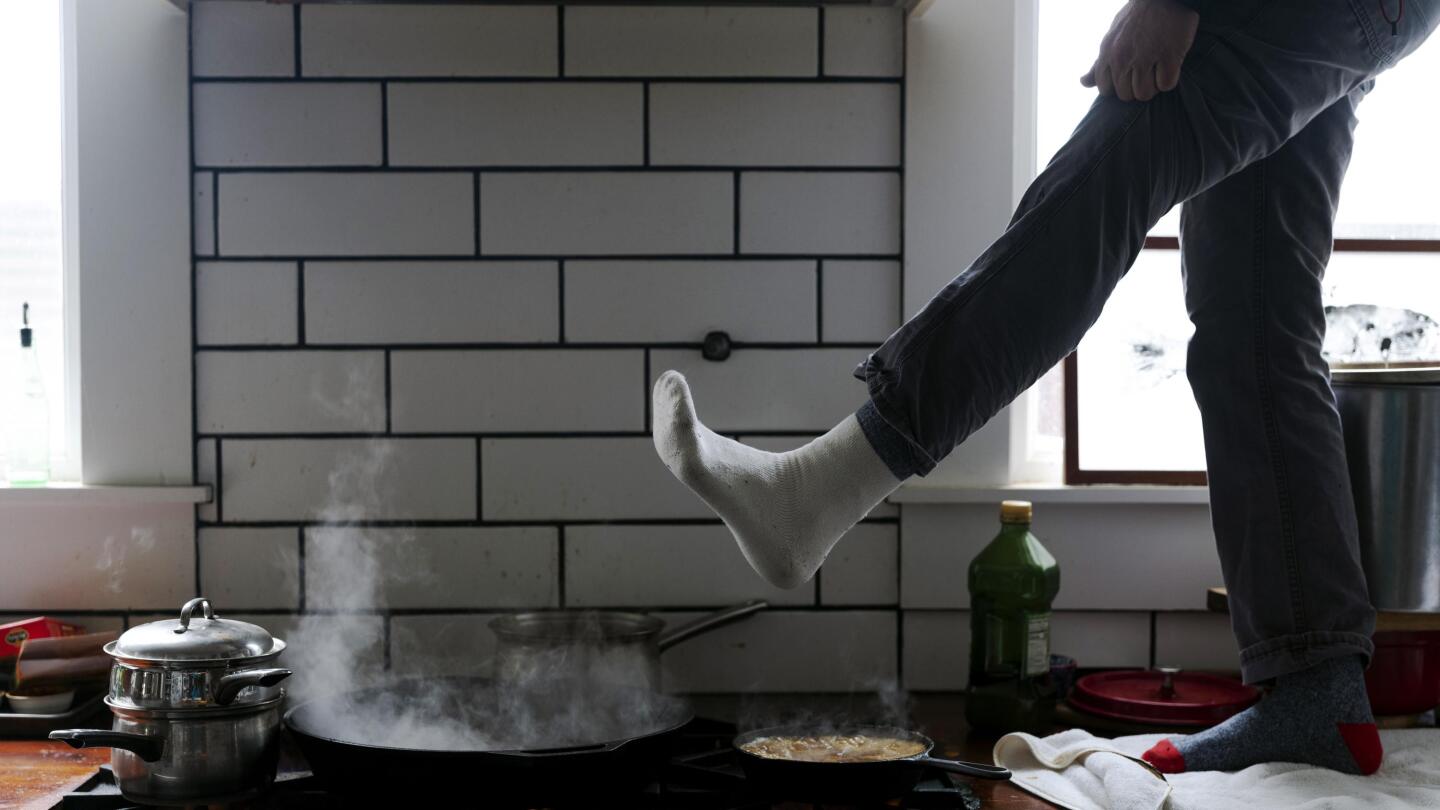
FACT FOCUS: Biden administration isn’t banning gas stoves
Associated Press
Gas stove ban raised after air pollution linked to childhood asthma
The IndependentConsidering an induction stove? Here's what to know before switching from gas
ABC
Your gas stove might be polluting your home’s air even when it’s turned off, a new study finds
LA Times
Is your gas stove bad for your health?
Salon
Clash of the kitchens: California leads the way in a new climate battleground
LA TimesDiscover Related









